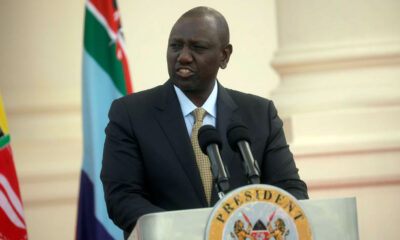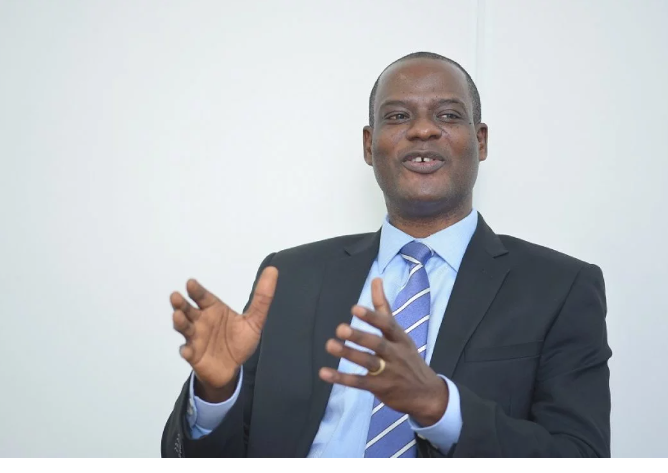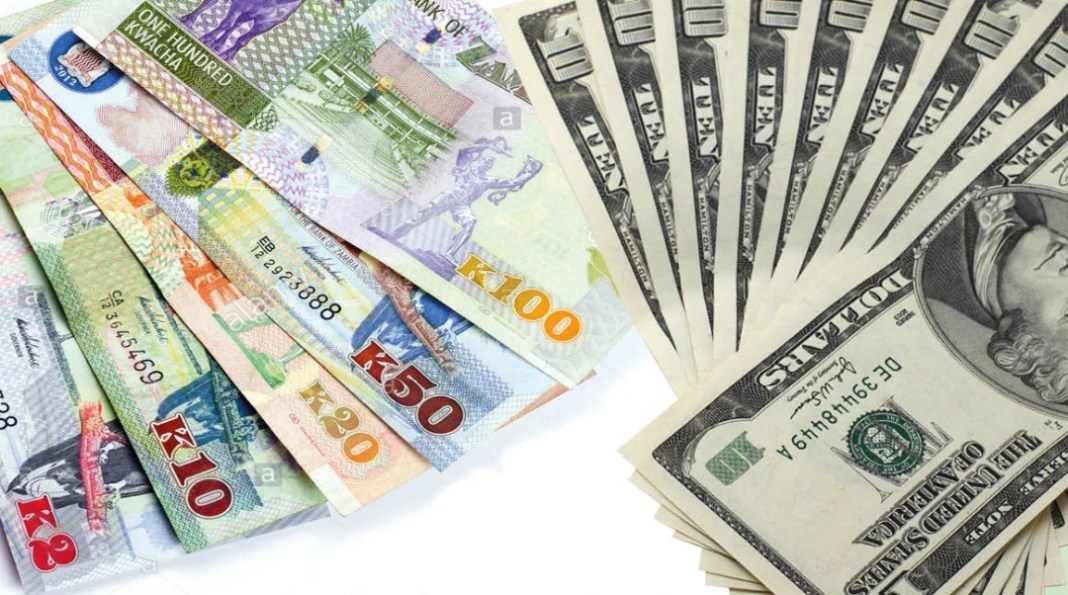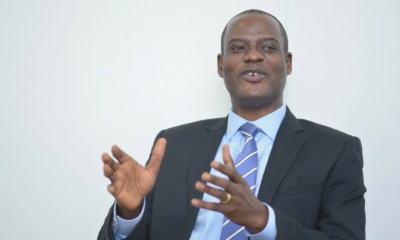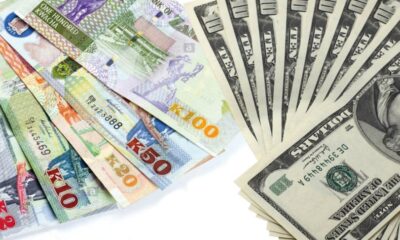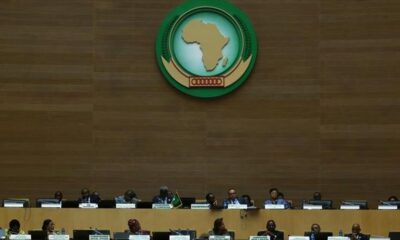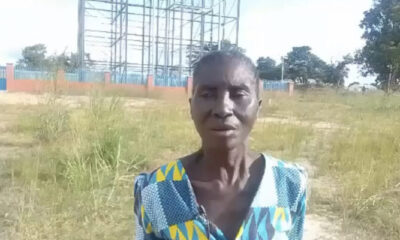Nigeria’s presidential committee on fiscal policy and tax has argued for the necessity of raising the value-added tax (VAT) rate.
Taiwo Oyedele, the chairman of the committee, revealed during the policy exposure and impact assessment session that the VAT revenue-sharing formula will be reassessed.
Oyedele stated that the committee has suggested increasing the allocation of VAT money to state and local governments from the existing 85% to 90%. As to section 40 of the VAT Act, the federal government receives 15% of the tax revenue, while states receive 50% and local governments receive the remaining 35%.
According to him, the suggested new sharing arrangement implies that the committee is suggesting a decrease in the federal government’s portion from 15% to 10%.
“We are proposing that the federal government’s portion should be reduced from 15% to 10%. States’ portion will be increased but they would share 90% with local governments,” he said.
He explained that the new sharing formula for VAT is in favour of the lower tier of government because it is a tax generated at the state level.
“In 1986, we had sales tax collected by states. The military came up with VAT in 1993 and stopped sales tax so they said it would collect VAT and return 15 per cent as cost of collection and that is the 15 per cent charged today came about. But we think it is too much,” he said.
The tax expert added that the burden of VAT should be on the ultimate consumer.
“So we must make it transparent and neutral and this is what over 100 countries where they have VAT are doing,” Oyedele said.
He stated: “Nigeria’s economy is more than 50% in services and if I just stop at this, many states will be broke because VAT collection will go down by more than 50% and it won’t even fly.
“So we therefore need to adjust the VAT rate upward. We would ensure that it doesn’t affect businesses. The only thing is to look at basic consumption from food, education, medical services and accommodation will carry zero percent VAT. So for the poor and small businesses, no VAT.”
Oyedele said other consumers will pay a bit more.
“We have spoken to businesses about it and they won’t increase the product price. We want to make sure when we do VAT reform, no one will increase the price of commodities. We will work the mathematics with the private sector,” he explained.
Oyedele also said each state should not be granted exclusive custodianship of their collections– because it would likely result in chaos.
The Nigerian government has been undertaking comprehensive reforms of the nation’s monetary and fiscal policies since the inception of the Bola Tinubu administration. As a consequence, the central bank and the tax advisory council led by Oyedele have implemented audacious new policies.


 Tech23 hours ago
Tech23 hours ago
 VenturesNow1 day ago
VenturesNow1 day ago
 Sports2 days ago
Sports2 days ago
 Tech2 days ago
Tech2 days ago

